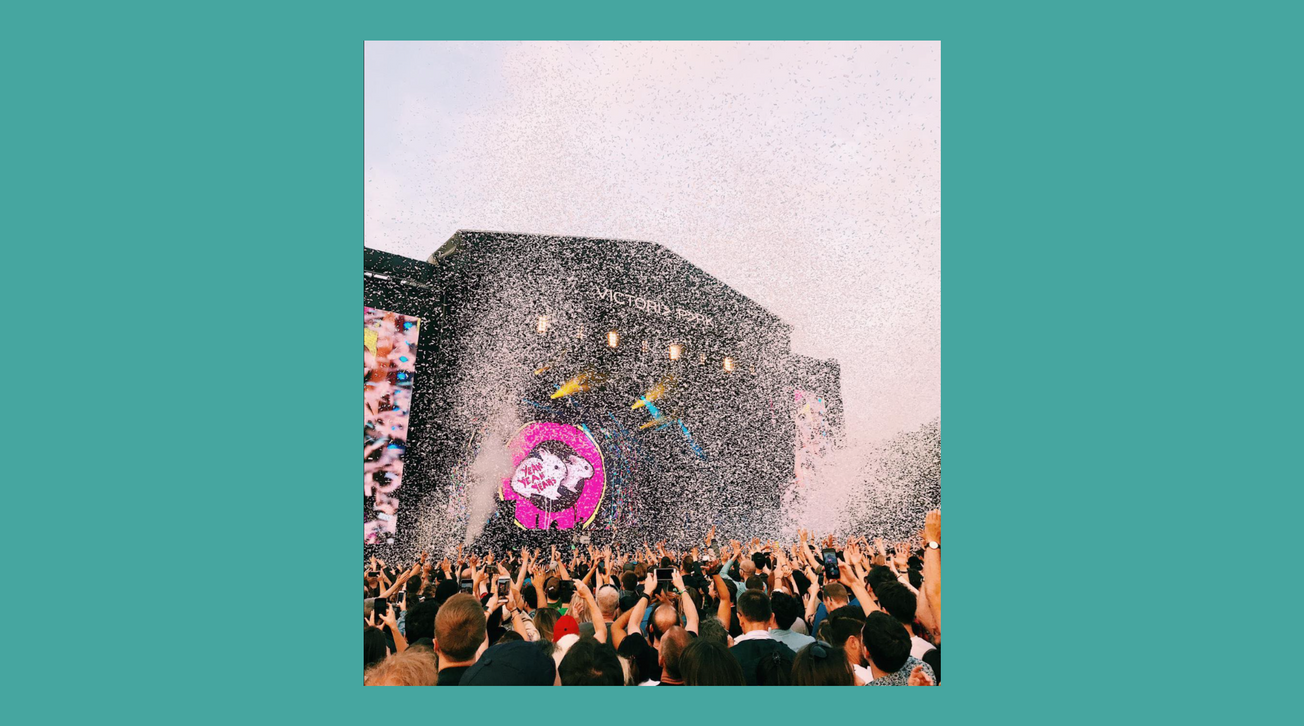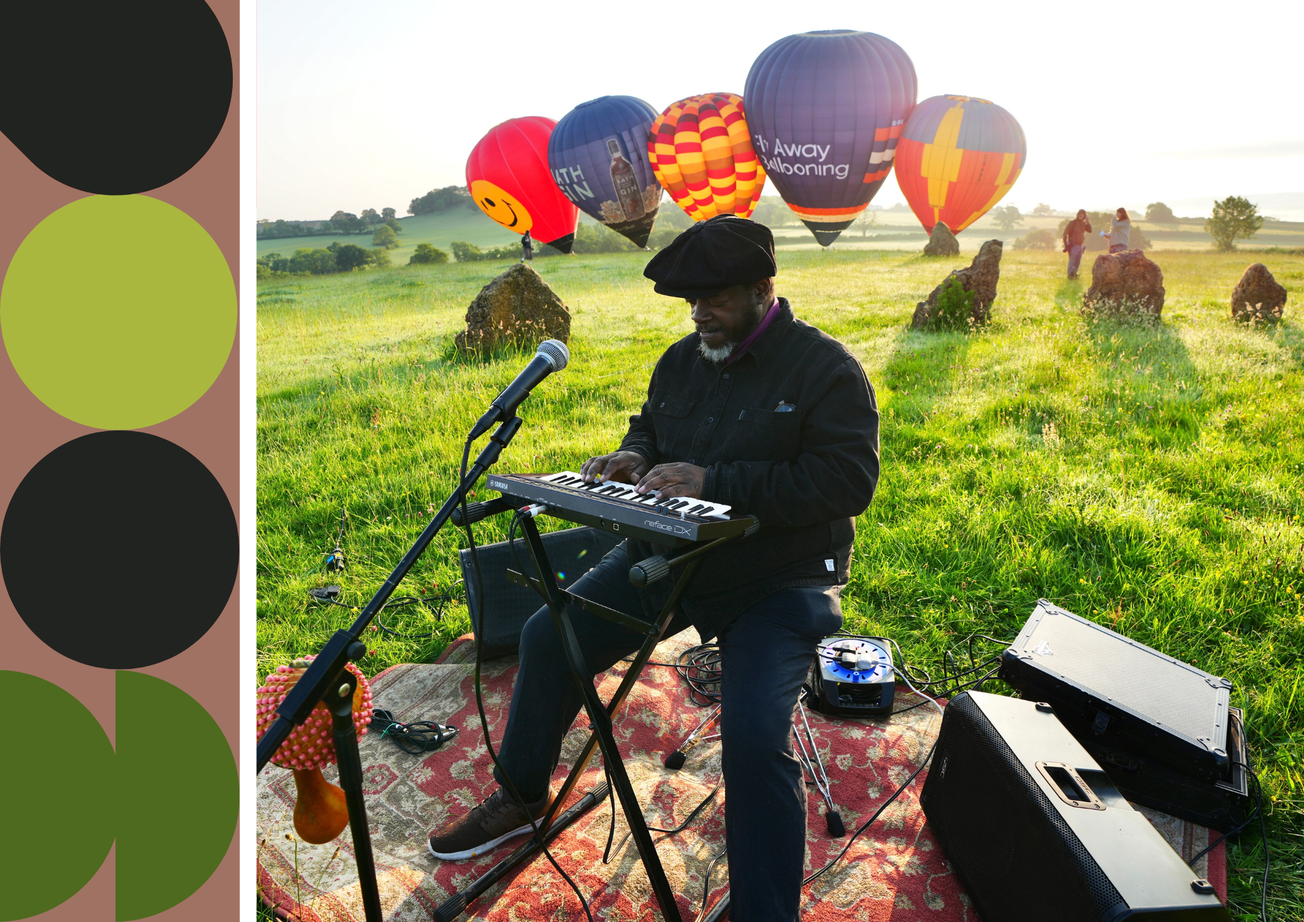By Jenny McDowell Langford, First year Ancient History
Over the last 5 years the live music industry has boomed, with outdoor festivals being a big part of its success.
Although the festival market has been dominated by the main players such as Reading and Leeds and Glastonbury for a long time, as they have the budget to hire A list artists, recently smaller festivals have been cropping up all over the country and have attempted to make themselves more and more unique in order to be able to compete.
Boomtown is an example of a festival founded to fill a niche in the market- the concept of creating a city and having a storyline draws people in and makes up for not having as many chart-topping musicians on the bill, and it has certainly paid off as this year it was attended by 58,000 ticket holders. There has also been a rise of city and day festivals in all genres, and I for one am bombarded with hundreds of festival adverts from January onwards boasting their different line-ups.
It would be easy to say that all of this does mean that the market has become oversaturated, but I don’t necessarily think that’s true. As much as there are overlapping similarities to be found in many festivals, the UK scene has mostly managed to retain its various unique identities, and most genre- specific festivals manage not to share headliners at all, which seems to be common occurrence in America. The fact that there is still originality in the conception and planning of festivals, with some events making a concentrated effort to create their own image and character, is a great thing as the creativity of the industry is still living and breathing.
Surveys have discovered that a high portion of people who attend music festivals do so for the “experience,” i.e. to drink, and don’t actually take into account the artists playing. Although questionable to more dedicated music lovers, this attitude is what is feeding the thriving market, and as this demand is ever-growing, at this point in time the market definitely isn’t too over saturated.
It is also important to acknowledge that having such a variety of festivals makes the experience more accessible, as essentially every city and county has its own batch of events, and the introduction of smaller scale less intense festivals accommodates people with a lower budget. The distinctive nature of these festivals also makes them a special and priceless experience.
The summer of 2020 will be defined for many by which festivals they attend, and the sheer choice and variety means that there are events to fit any and all tastes. I believe that we’ve reached peak festival culture, and the market isn’t too oversaturated until there is no longer any individuality in music festivals and their line-ups, and they are simply regurgitating the charts.
Featured Image: Guy Marcham









